Why Eco-Friendly Promotional Products Actually Matter (And How They're Changing Business)
The promotional products industry has a problem. For years, companies have distributed branded pens, tote bags, and coffee mugs at trade shows and corporate events – most of it cheap plastic merchandise that recipients toss within months. This disposable approach to marketing swag creates waste while failing to build lasting brand connections.
But something's shifting. Companies are waking up to a reality that's been staring them in the face: customers care about the planet. More than that – they're making purchasing decisions based on environmental values. Two-thirds of consumers now research a company's environmental record before buying anything.
This isn't some feel-good trend that'll disappear next quarter. Sustainable promotional products represent a fundamental change in how businesses connect with their audiences. When done right, eco-friendly swag becomes more than marketing – it's proof that your company walks the walk on environmental responsibility.
The Green Gifting Revolution Is Here (Whether You're Ready or Not)
Corporate gifting is experiencing what I'd call a necessary makeover. Those cheap plastic trinkets are officially "so last century," replaced by thoughtful, sustainable alternatives that people actually want to keep.
The numbers tell the story better than any marketing pitch could. Over 90% of consumers trust companies that demonstrate social or environmental responsibility. Even more striking? Nearly 9 in 10 customers stay more loyal to brands taking stands on environmental issues. Many consumers will pay extra for sustainable products – we're talking real money, not just survey responses.
What's driving this change? It's simple: people connect emotionally with brands that share their values. A study shows products with environmental or social labels grew 28% over five years, while conventional products only grew 20%. The market has spoken.
This transformation goes deeper than consumer preferences. Sustainability has moved from the margins to the center of business strategy. Companies realize their promotional products reflect their values – and recipients notice.
The corporate gifting market itself is exploding. Between 2023 and 2028, it's projected to reach $1.11 trillion. Within that massive growth, sustainable gifts represent one of the fastest-expanding segments. Companies aren't just responding to pressure – they're discovering that eco-friendly promotional products deliver better results.
Why Sustainable Swag Matters
Why? Because sustainable swag tells a story. It communicates that your business thinks beyond quarterly profits. Recipients don't just get a useful item; they get tangible proof of your company's principles. That emotional connection creates loyalty money can't buy.
What Eco-Friendly Actually Looks Like (Beyond Recycled Plastic Bottles)
Let's get specific about what sustainable promotional products actually are. The variety might surprise you – we've moved far beyond basic recycled notebooks and bamboo pens (though those have their place too).
Recycled & Upcycled Office Essentials
Start with the basics people use daily. Notebooks made from recycled paper and refillable pens might seem ordinary, but they send a subtle message every time someone reaches for them. A branded journal crafted from post-consumer waste or a pen made from recycled ocean plastic demonstrates creativity in reducing environmental impact.
These aren't compromise products. Quality recycled office supplies often outperform their traditional counterparts because manufacturers put extra effort into proving sustainability doesn't mean sacrificing functionality.
Natural Fiber Bags & Apparel That People Actually Want to Wear
Tote bags get a bad rap, but organic cotton or hemp bags with thoughtful designs remain incredibly popular. Why? They're visible, useful, and durable. A well-made canvas tote or backpack from certified organic materials can last years – keeping your logo in circulation while reinforcing sustainable values.
The apparel game has stepped up too. Organic cotton t-shirts, recycled polyester jackets, and hemp accessories let recipients wear their values literally. The key is choosing items people genuinely want to use, not corporate swag that screams "free conference giveaway."
Tech Gadgets with Green Credentials
Here's where things get interesting. Solar-powered chargers, bamboo tech accessories, and gadgets made from wheat straw prove sustainability and innovation aren't mutually exclusive.
Imagine handing out wireless charging pads with wooden casings, or power banks that harness solar energy. Even phone cases and USB drives now come in biodegradable materials. These products marry modern convenience with environmental responsibility – exactly the message forward-thinking companies want to send.
"Gifts That Grow" (Yes, Really)
This category might be my favorite. Seed-embedded promotional products that recipients can plant to create wildflowers or herbs turn marketing into genuine environmental action.
Picture greeting cards made from seed paper, branded bookmarks that sprout into basil plants, or business cards that transform into mini gardens. Companies like Brandelity offer "seed sticks" that work as both promotional items and garden starters. Your brand message literally grows over time.
Small tree saplings, succulents in biodegradable pots, or herb-growing kits create ongoing engagement. Recipients don't just remember receiving your gift – they interact with it regularly as it grows. Talk about brand recall.
Drinkware & Utensils That Replace Single-Use Waste
Reusable water bottles, travel mugs, and cutlery sets represent the most practical category of sustainable swag. Every use prevents single-use plastic waste – a daily reminder of environmental responsibility.
The quality gap between cheap promotional drinkware and sustainable alternatives is huge. A well-crafted stainless steel bottle or bamboo fiber travel mug feels premium. Recipients appreciate the thoughtfulness, and the durability ensures long-term brand exposure.
Creative Material Innovation
The most exciting developments happen at the edges. Companies experiment with cork mouse pads, algae-based notebooks, and even "apple leather" accessories. Materials like wheat straw, beeswax food wraps, and cutting boards from sustainably harvested wood spark conversations.
These innovative products surprise recipients while demonstrating that sustainability drives creativity, not limits it. When someone asks, "What's this made from?" you get to tell your brand's environmental story.
Getting Your Message Right (Because Greenwashing Backfires)
Having sustainable products is step one. Communicating about them effectively? That's where many companies stumble. The goal isn't preaching about environmental virtue – it's authentic storytelling that connects with your audience's values.
Transparency Builds Trust
Don't hide your sustainability details in fine print. Create dedicated web sections explaining your promotional products' environmental credentials. For example: "These pens contain 75% recycled ocean plastic" or "This tote is organic cotton, certified fair-trade."
The Business Case Is Stronger Than You Think
Let me be crystal clear about something: sustainable promotional products aren't charity. They're smart business strategy that happens to benefit the planet.
The ROI data is compelling. Companies using eco-friendly promotional products see 23% higher brand recall compared to traditional swag. Recipients keep sustainable items longer, use them more frequently, and associate them with positive brand attributes. That translates directly to marketing effectiveness.
Employee Engagement Gets a Boost
Internal impact matters as much as external marketing. Employees at companies with strong sustainability programs report 67% higher job satisfaction. When your welcome kits include thoughtfully chosen eco-friendly items, new hires immediately understand your values.
This isn't just feel-good fluff. Higher employee satisfaction correlates with lower turnover, better productivity, and stronger company culture. Sustainable promotional products become tools for talent retention and recruitment.
Premium Positioning Without Premium Pricing
Here's something most companies miss: sustainable promotional products often cost the same or only slightly more than traditional alternatives. The price difference has shrunk dramatically as eco-friendly manufacturing scales up. Some sustainable options actually cost less because materials like bamboo and recycled content require less energy to produce.
Meanwhile, recipients perceive sustainable products as premium quality. A bamboo tech accessory or organic cotton shirt feels more thoughtful than mass-produced plastic equivalents. You get premium brand positioning without the premium budget.
Long-term Brand Value Creation
Traditional promotional products create short-term visibility. Sustainable alternatives build long-term brand equity. Every time someone uses your reusable water bottle or plants your seed paper, they reinforce positive associations with your company.
This compounds over time. A plastic pen might generate brand impressions for a few months before breaking or being discarded. A quality sustainable product can create positive brand interactions for years.
Where The Industry Is Heading (Spoiler: It's All Going Green)
Based on current trends, within five years, companies still using traditional promotional products will look outdated. The momentum toward sustainability in corporate gifting is accelerating, not slowing down.
Innovation Is Accelerating
Material science keeps advancing. We're seeing promotional products made from mushroom leather, seaweed-based plastics, and even recycled smartphone components. Companies are experimenting with everything from algae notebooks to accessories made from recycled coffee grounds.
This innovation creates competitive advantages for early adopters. Being the first company in your industry to offer truly unique sustainable swag generates PR value beyond the promotional impact.
Regulatory Pressure Is Coming
Governments worldwide are restricting single-use plastics and requiring extended producer responsibility for promotional items. The EU's Single-Use Plastics Directive already affects promotional product choices, and similar regulations are spreading globally.
Forward-thinking companies are adapting now rather than scrambling later. Sustainable promotional products aren't just good marketing – they're regulatory compliance insurance.
Supply Chain Transparency Demands
B2B customers increasingly demand detailed environmental impact data from vendors. Companies report that sustainability criteria now influence 73% of procurement decisions. Your promotional products become part of clients' own sustainability reporting.
This creates ripple effects throughout business relationships. Sustainable swag doesn't just market your company – it helps clients meet their own environmental goals.
Making The Switch: Practical Steps That Actually Work
Ready to transition? Don't try to revolutionize your entire promotional strategy overnight. Smart companies make gradual changes that build momentum.
Start With High-Impact, Low-Risk Items
Begin with promotional products you already give regularly – pens, notebooks, bags. Sustainable versions of these staples cost nearly the same as traditional alternatives while delivering better brand perception. The switch requires minimal budget adjustment or logistical changes.
Test and Measure Recipient Response
Try sustainable options with a subset of your audience first. Track metrics like retention rates, social media mentions, and direct feedback. Most companies discover that recipient response to sustainable swag exceeds expectations.
Document these results. When you can show that eco-friendly promotional products generate better engagement, expanding the program becomes an easy business decision.
Partner with Specialized Suppliers
Don't assume your current promotional product vendor can simply add "eco-friendly options." Work with suppliers who specialize in sustainable merchandise and understand certifications, supply chains, and environmental impact measurement.
These partnerships often reveal opportunities you didn't know existed. Specialized suppliers stay ahead of innovation and can suggest creative alternatives to traditional promotional items.
Educate Your Team
Internal buy-in matters enormously. Train your marketing, HR, and procurement teams on sustainability criteria, messaging strategies, and business benefits. When your team understands and believes in sustainable promotional products, they become natural advocates.
Create simple guidelines for choosing eco-friendly options and communicating about them. Consistency across departments reinforces your sustainability commitment.
The Bottom Line: This Isn't Optional Anymore
Let's wrap this up with some straight talk: sustainable promotional products have moved from "nice to have" to "business necessity." Consumer expectations have shifted permanently, and companies ignoring this shift risk seeming out of touch.
But here's what excites me most about this trend – it proves that doing good and doing well aren't mutually exclusive. Sustainable promotional products solve multiple business challenges simultaneously: they improve brand perception, increase recipient engagement, support employee satisfaction, and often cost the same as traditional alternatives.
The companies winning in this space aren't treating sustainability as a separate initiative. They're integrating environmental responsibility into core business strategy, using promotional products as one visible expression of deeper values.
Your promotional products tell a story about your company whether you're intentional about it or not. Traditional plastic swag says you prioritize short-term costs over long-term thinking. Sustainable alternatives communicate that your business considers its impact on the world recipients live in.
That message resonates powerfully with customers, employees, and partners who increasingly expect businesses to contribute to solutions rather than just problems. Companies that "give back" through their promotional choices ultimately give more to their own growth.
The transition to eco-friendly promotional products isn't just about keeping up with trends – it's about building stronger relationships with everyone your business touches. In an economy where trust and authenticity create lasting competitive advantages, sustainable swag becomes a powerful tool for demonstrating that your company's success includes making the world better.
The companies that get this right won't just win more customers. They'll build the kind of brand loyalty that survives economic downturns, competitive pressure, and changing market conditions. Because when people believe your business genuinely cares about their values, that connection runs deeper than any transaction.
That's the real power of sustainable promotional products: they transform marketing from interruption to invitation, from selling to relationship building. And in today's business environment, those relationships matter more than ever.
References
Eco-Friendly Corporate Gifts That Stand Out – Terra Thread®
https://terrathread.com/blogs/news/eco-friendly-corporate-gifts
Eco-Conscious Corporate Gifting: Redefining Branding
https://www.chicobag.com/articles/eco-conscious-corporate-gifting-redefining-branding-with-sustainability
Eco-Friendly Swag: Redefining Branding with Sustainable Promotional Products
https://www.phase3mc.com/thinking/eco-friendly-swag-redefining-branding-with-sustainable-promotional-products
Eco-Friendly Promotional Products | 80+ Eco Giveaways Ideas https://brandelity.com/eco-friendly-recycled-products/
Industry Trends:
2024 Corporate Gifting Trends: What's Hot in Business Gifting | Imprint Engine https://imprintengine.com/blog/corporate-gifting-trends/
Consumer Research:
Consumers willing to pay 9.7% sustainability premium, even as cost-of-living and inflationary concerns weigh: PwC 2024 Voice of the Consumer Survey | PwC https://www.pwc.com/gx/en/news-room/press-releases/2024/pwc-2024-voice-of-consumer-survey.html


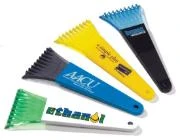
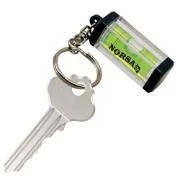
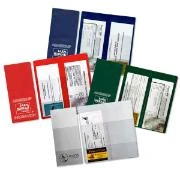
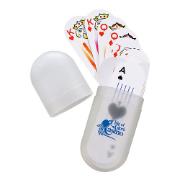
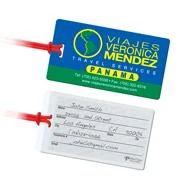
 (1).webp)
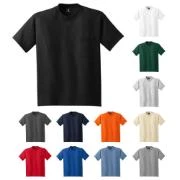
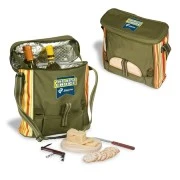
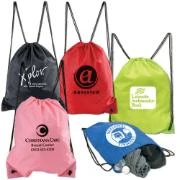
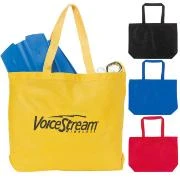
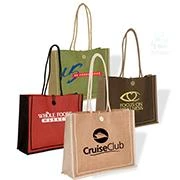
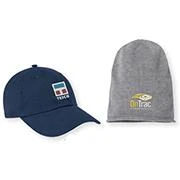
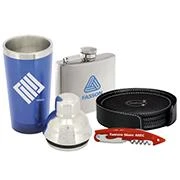
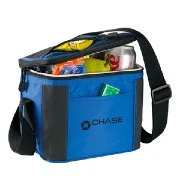
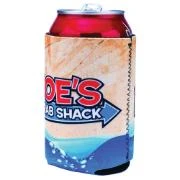
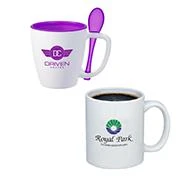
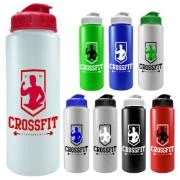
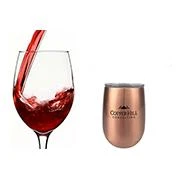
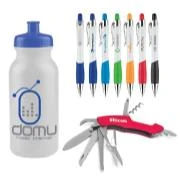
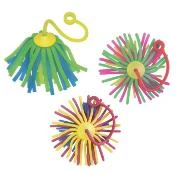
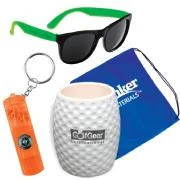
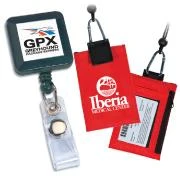
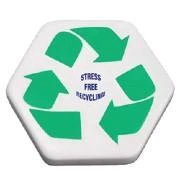
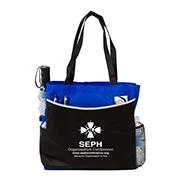
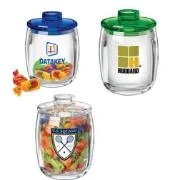
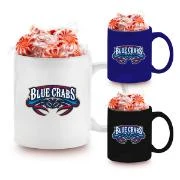
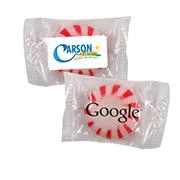

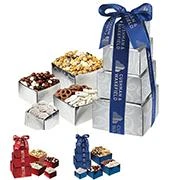
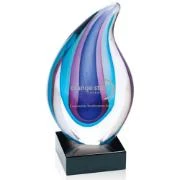
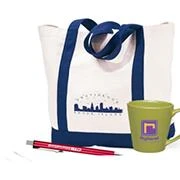
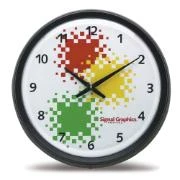

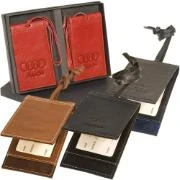
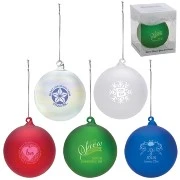

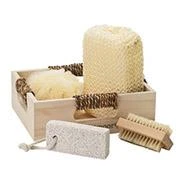

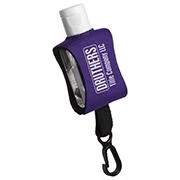
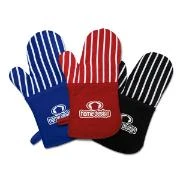
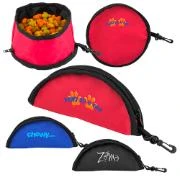
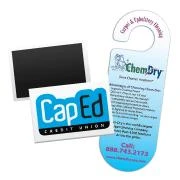

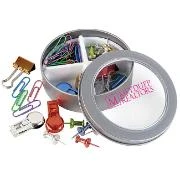
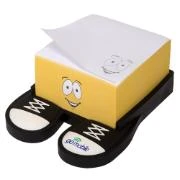
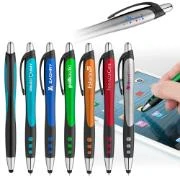
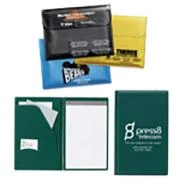
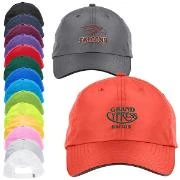
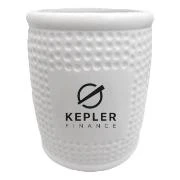
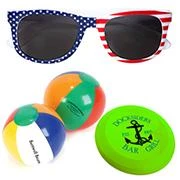


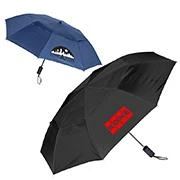
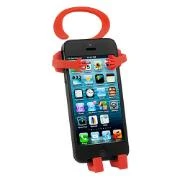
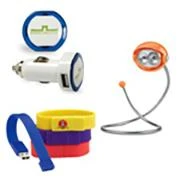
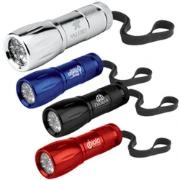
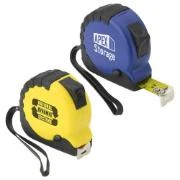

.webp)

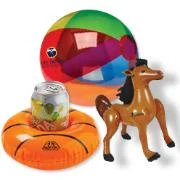
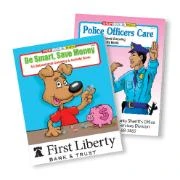
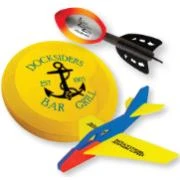


.webp)



